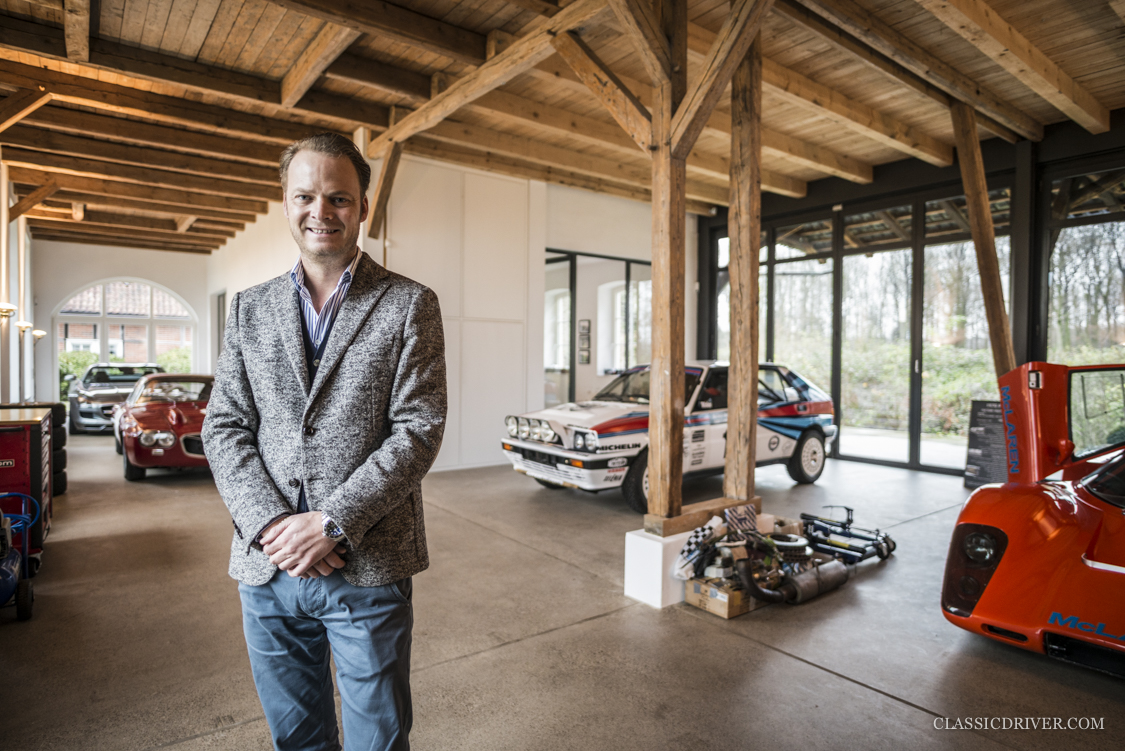
Jan B. Lühn is considered one of the most progressive minds of the German classic car scene. We visited the historic car dealer and market expert to talk pop-up showrooms, important customers and the future of trading classic cars…
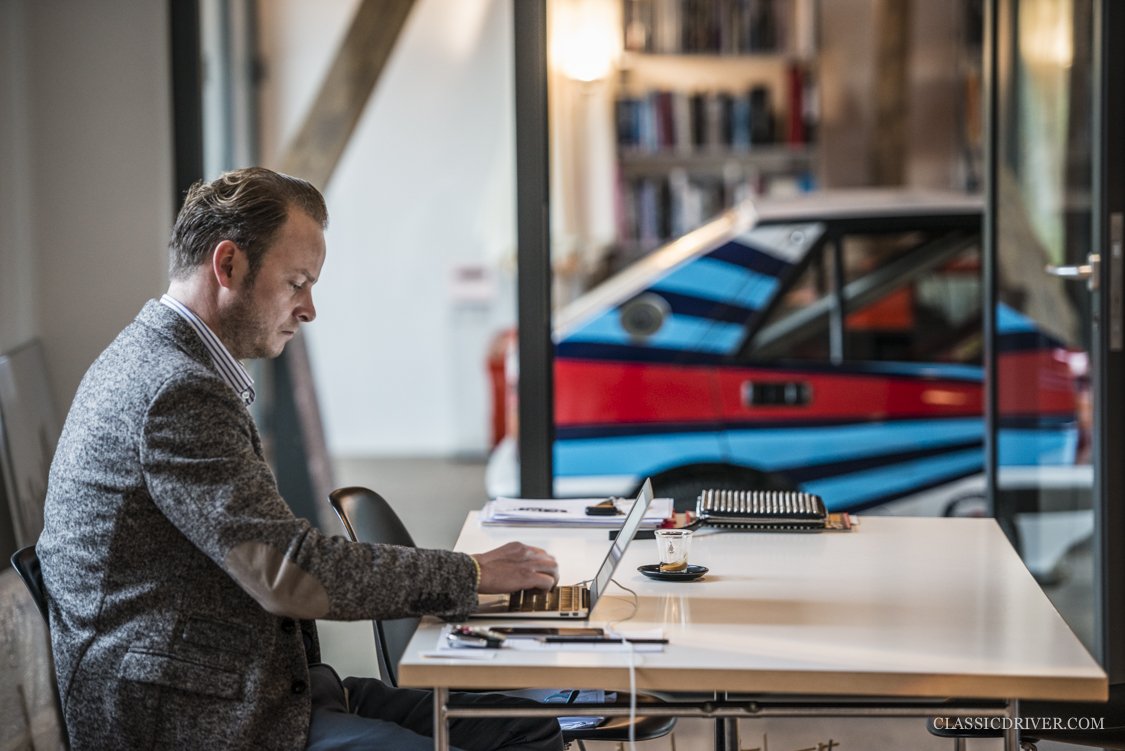
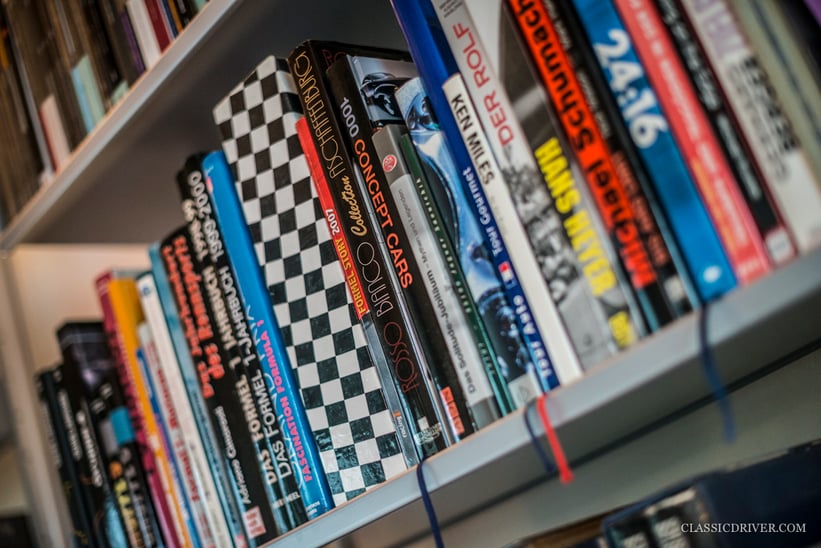

You opened a temporary pop-up showroom in downtown Munich last year – how did it go?
So far it’s been a great success. It is managed by my colleague Marcus Görig, who has collected classic cars for many years and whose interests are very much in line with mine.
What was the reasoning behind the decision?
My idea was to have a small, exclusive boutique store in Munich. Due to lack of space, most of my competitors have their premises on the outskirts of cities. I wanted to be different, and have a presence in the centre of the city. Furthermore, the store reflects the philosophy of our company – we regularly hold small themed events, such as our popular ‘Porsche Racing Legends’ evening. This allows vehicles to be curated for a particular theme, and shows the breadth of our stock. So far in Munich, for example, we’ve displayed a Porsche 917 and 911 R, and a Ferrari 250 GT ‘Tour de France’. We don’t just offer premium sports cars, rather highly original milestones in automotive history. And we’re currently planning collaborations with various partners in the car world.
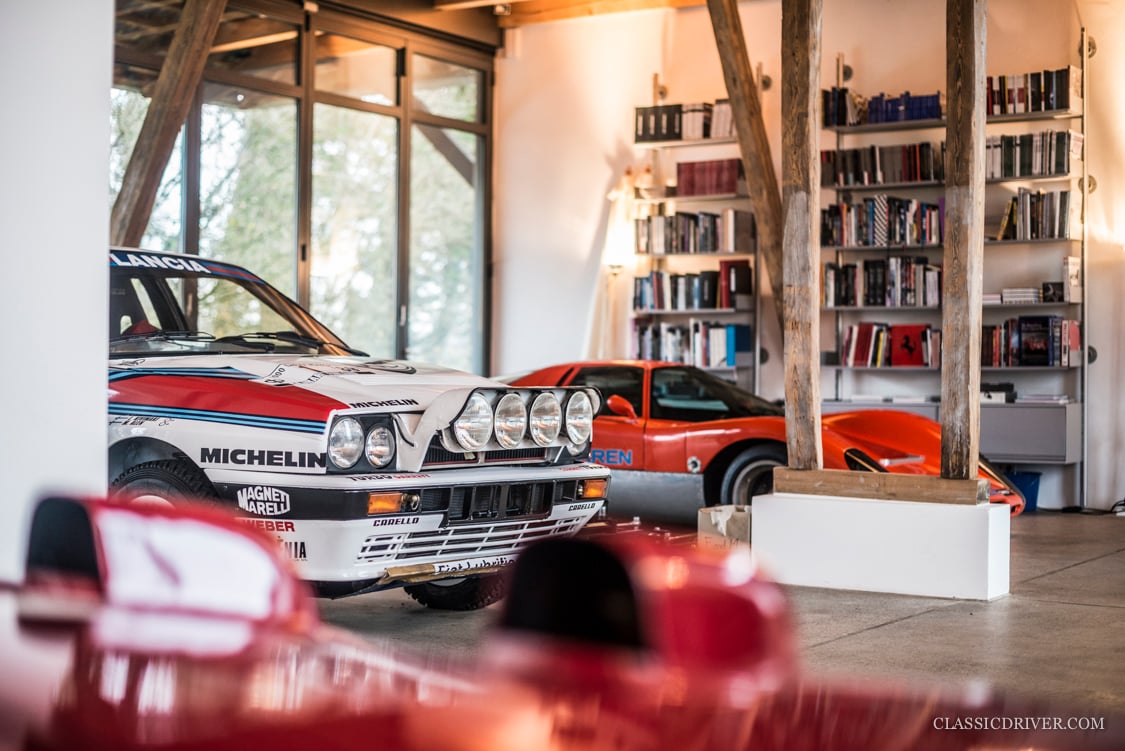
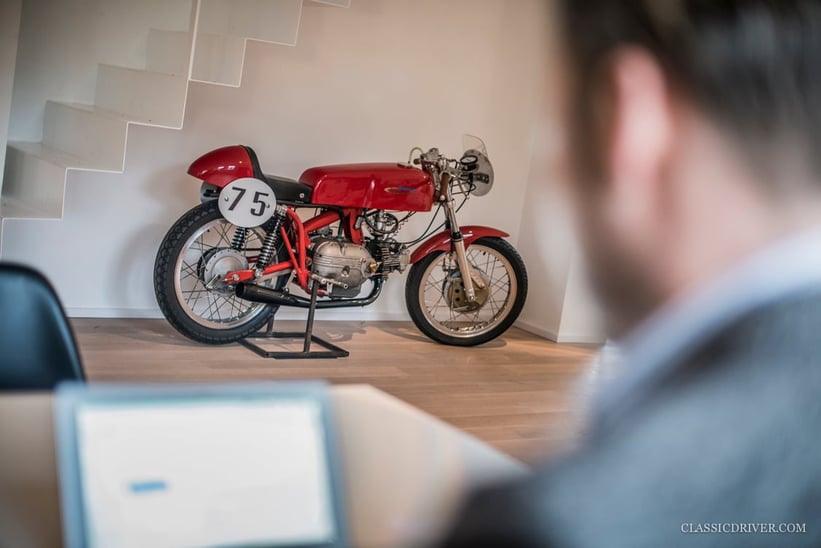
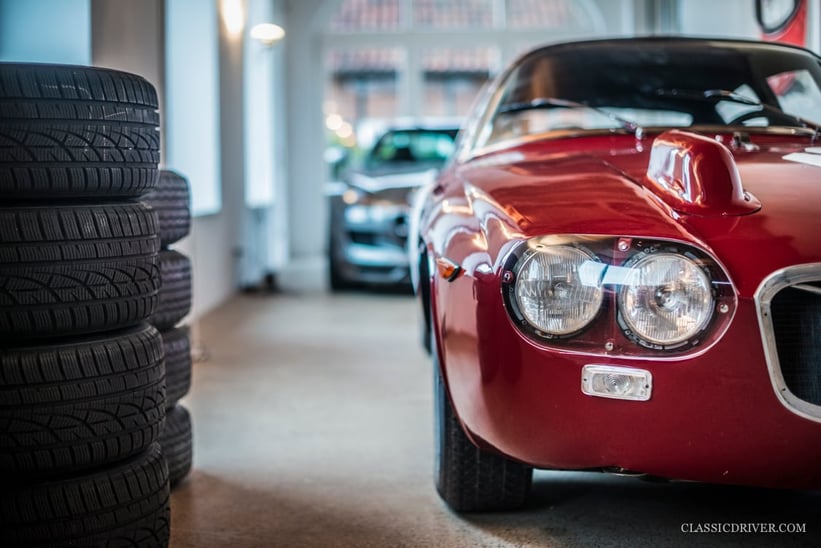
How has your business changed in the last decade?
Professionally, I’m travelling a lot more, and am fortunate to meet many interesting people in fascinating places. I always try to look at other commodity markets such as art for inspiration, and I’m always looking for ways to innovate. This includes the ever-increasing importance of online social media, which allows me to engage in lively debate with existing and potential customers on a daily basis. I’ve noticed that, at exhibitions and auctions, we’re dealing with a much younger generation of buyers. These customers are using new media, and are often looking to network online.
You began your career at Christie’s, before establishing your own business in 2006 – what did you learn from working at a major auction house?
A lot, especially regarding presentation, marketing and research. As a trader, it’s almost impossible for me to repeatedly produce and distribute catalogues – something in which the auction houses specialise. Nevertheless, I’m glad that I don’t have to fill an auction every few months, as the pressure on the major houses to consign higher quality vehicles is constantly increasing. As a trader, I can work more flexibly and react quicker to market trends. As such, I’m very much free to choose my inventory.
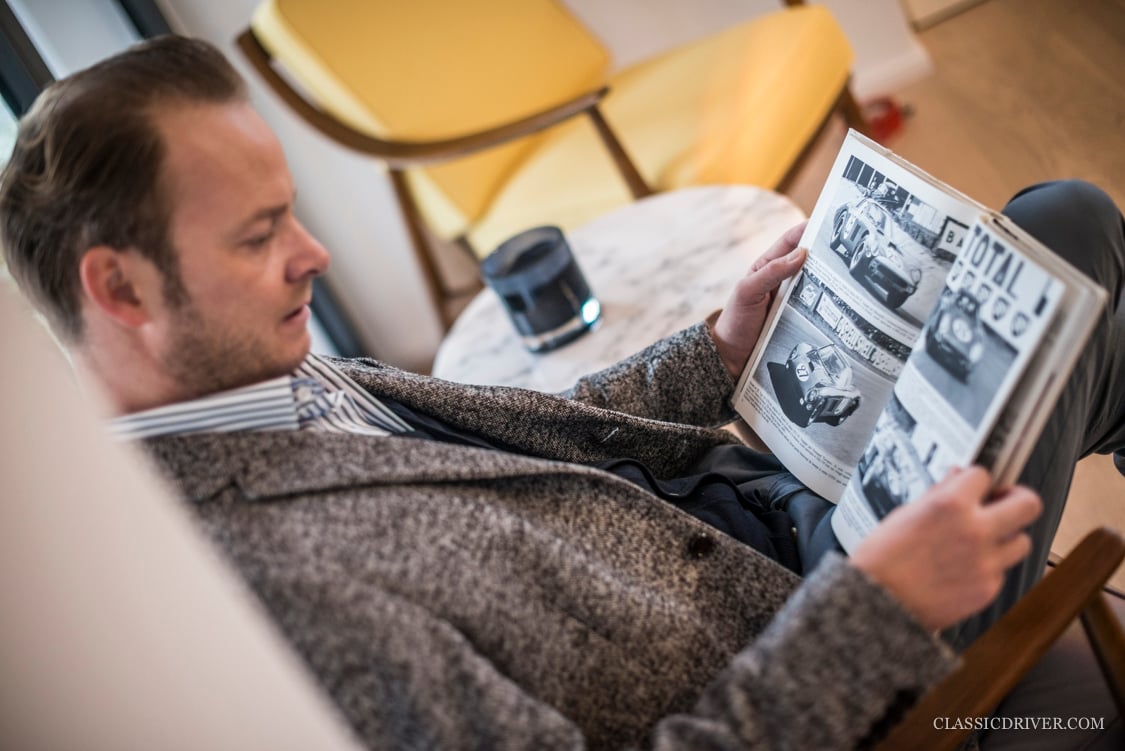
Buyers today appear to be more critical and demanding than ever – how do you react to that?
Now the focus is on the highest quality vehicles, and due to slumps in the low and middle segments of the market, I’m focusing on the high end more and more. Newer cars are becoming more popular with younger buyers, and the pre-War market is shrinking, not least because of its dying clientele.
Should we be worried about an impending burst bubble?
I don’t think so. Price corrections always have and always will occur in the market. Many cars that enjoyed extreme increases in value in recent years were completely overrated in my eyes. Prices in general are now more realistic, though that’s not to say we won’t see more exceptional record prices this year.
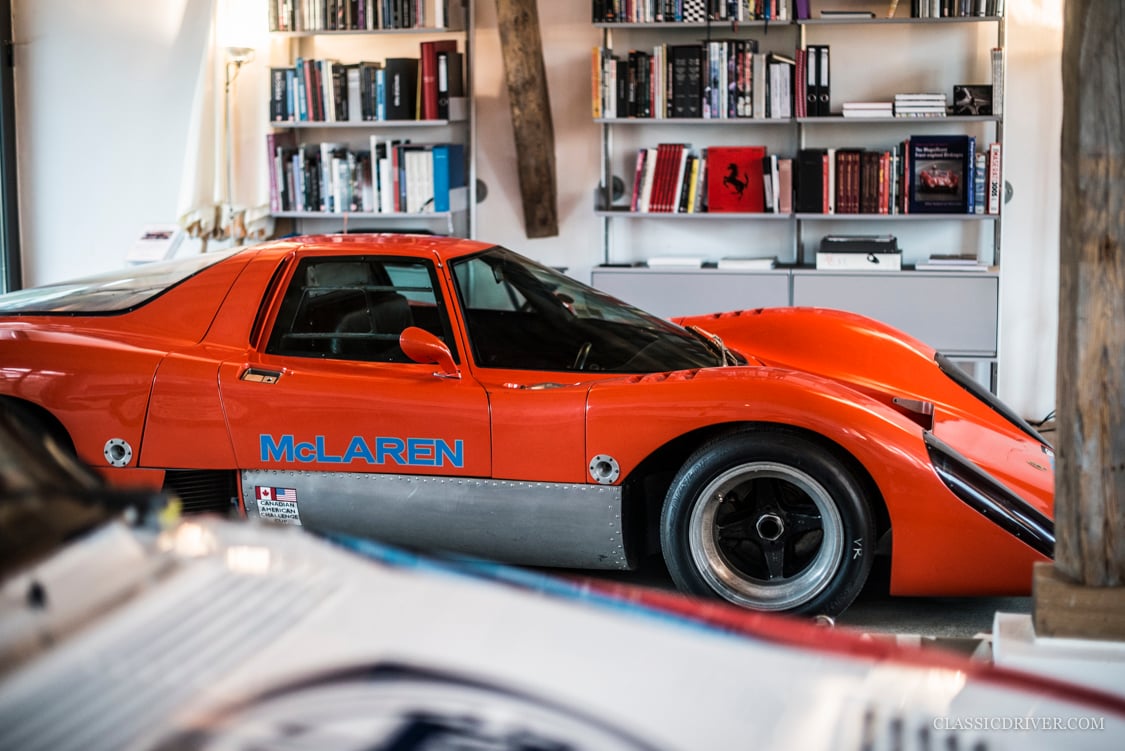
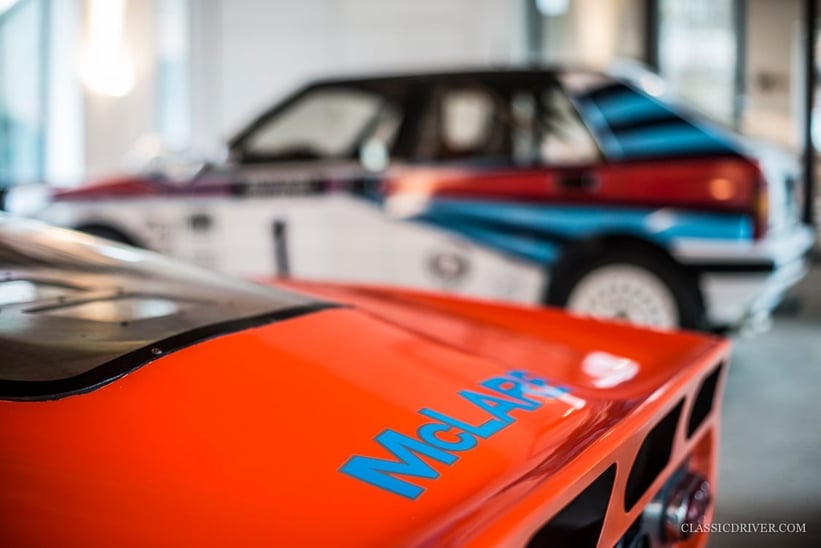
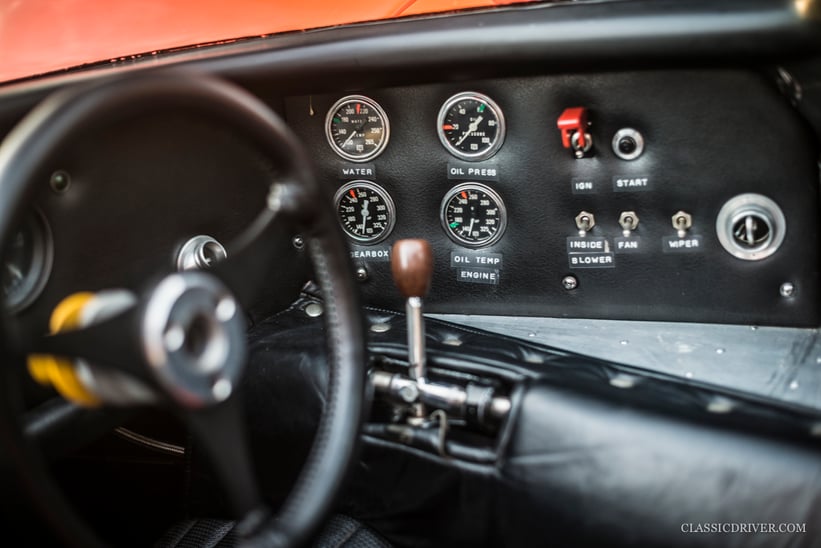
You specialise in rare historic competition cars – what is the reason for this?
It’s primarily because of my personal interest. Sports-racing cars have always fascinated me, because they’ve each got their own unique story to tell. Be it their significance to the evolution of the automobile or their stellar competition history, there is nothing quite like standing in front of a well-preserved racing car. It’s a piece of rolling culture that, amazingly, belongs to me.
What do you pay particular attention to when buying a car?
First and foremost, the model must completely captivate me, either because of its aesthetics or its history. Then we begin to meticulously inspect its history and determine its authenticity. This is extremely important when it comes to historic racing cars, because accidents, repairs and modifications have always been part and parcel of motorsport. Originality is everything.
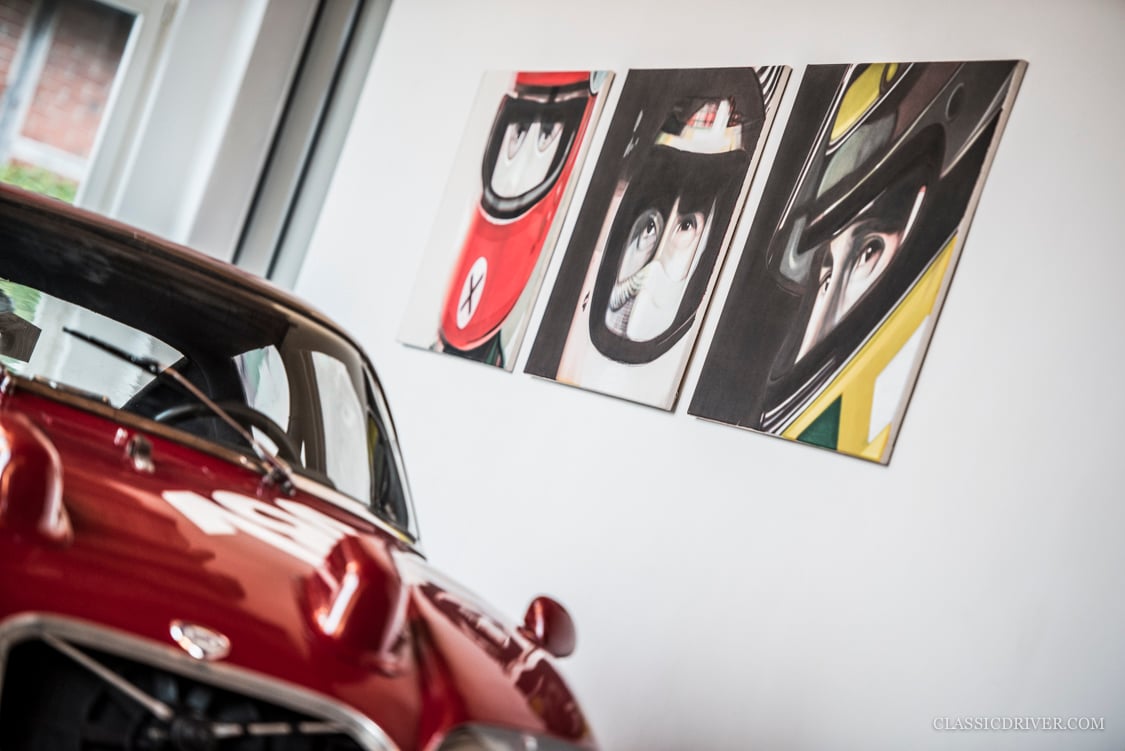
What are the most interesting cars that you’ve traded in the last 12 months?
For reasons of discretion, I cannot reveal all the highlights. However, the Porsche 917 prototype, Ford GT40 factory racer, ex-Works Porsche GT1 and modern Ferraris with Le Mans history give you a good idea of the breadth of my stock.
Are your customers mostly enthusiasts or investors?
As a trader, I cater to both groups, but as an enthusiast, it’s always rewarding to hand over a significant and well-maintained car to a passionate new owner.
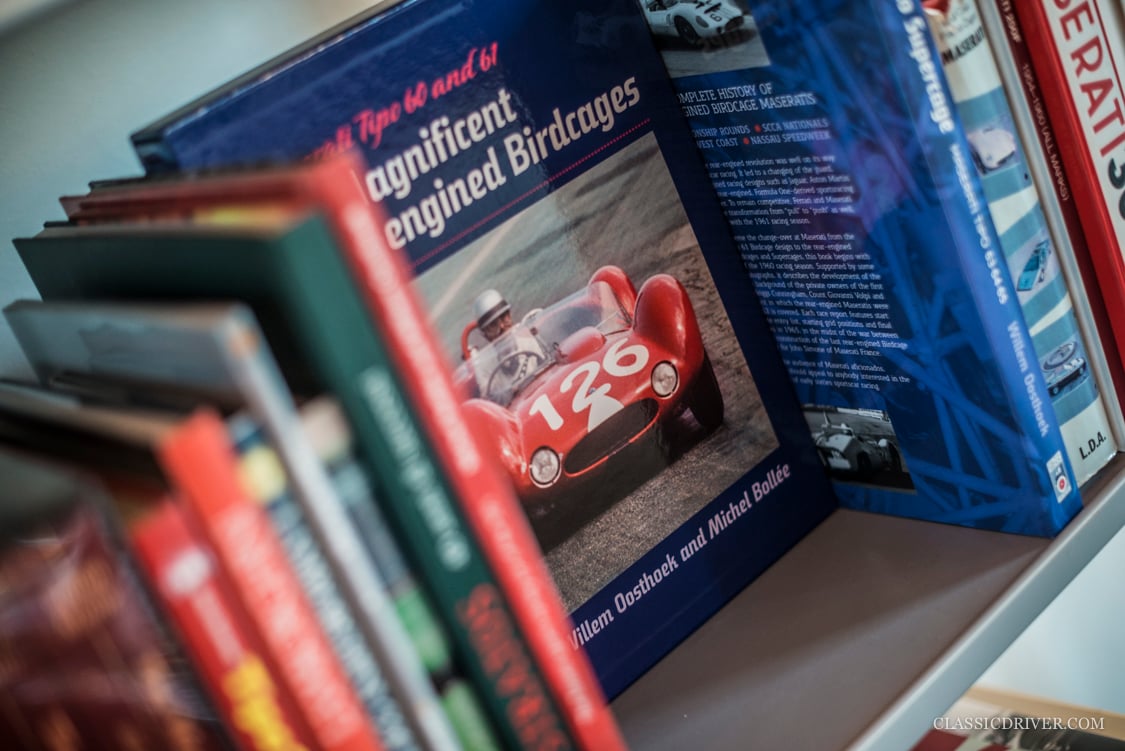
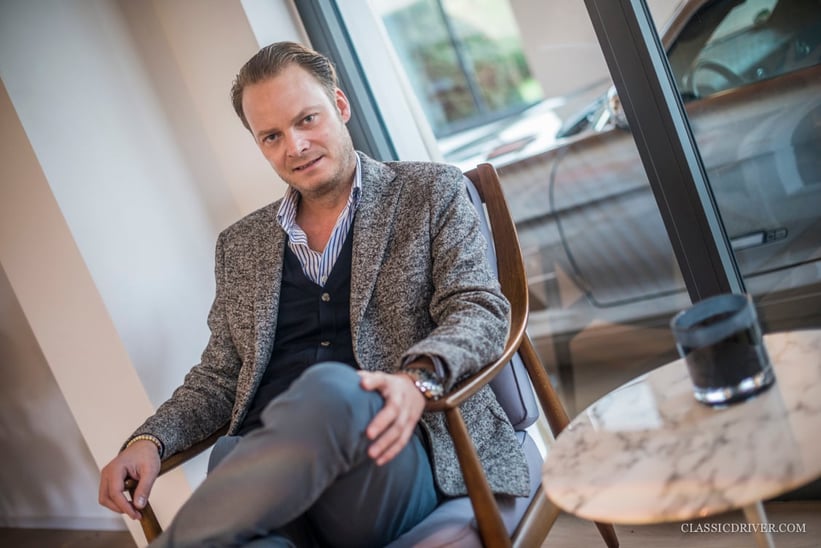
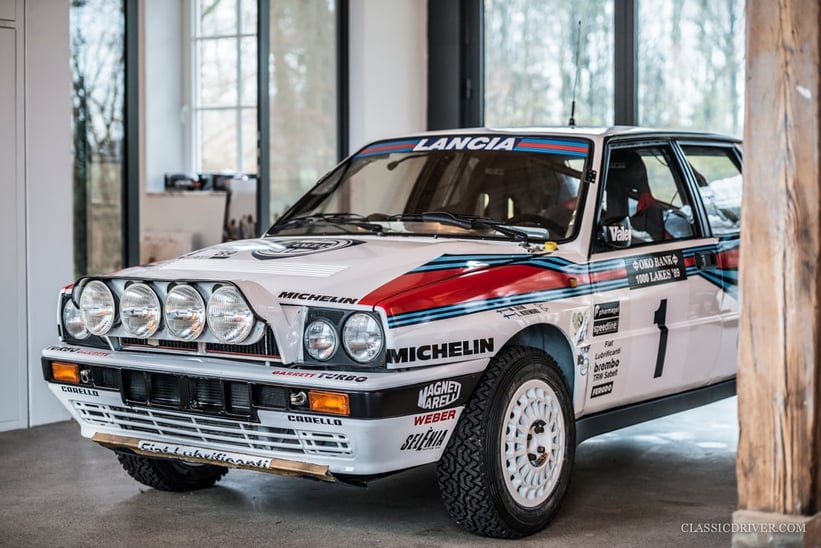
What will the future of trading classic cars look like, and what will be hot in 2025?
Lately, I’ve been particularly keen on modern Ferrari GT2 racers. These are extremely desirable semi-Works cars with accessible technology – a very important aspect for me. They enjoyed great successes in championships and races around the world including Le Mans, thus they have written motorsport history. The use of extensive technology in road cars concerns me, and even complex cars such as the Porsche 959 are proving problematic when it comes to restoration.
How do you feel about the number of classic cars that have simply become too valuable to enjoy on the road or the track?
I’m understandably sceptical about the situation. On the one hand, I don’t think extremely original cars should be fitted with modern amenities such as safety systems because this tampers with their authenticity. However, in order to race them this is, of course, a necessity. On the other hand, it would be a shame to see more replicas at historical events. We need to be mindful when preparing these cars, as they must be preserved for future generations to enjoy at race pace. Significantly for me, I had two phone calls today from customers who’d just returned from the Monaco Grand Prix, both lamenting the boring race and the flat atmosphere in comparison with the historic event earlier this month.
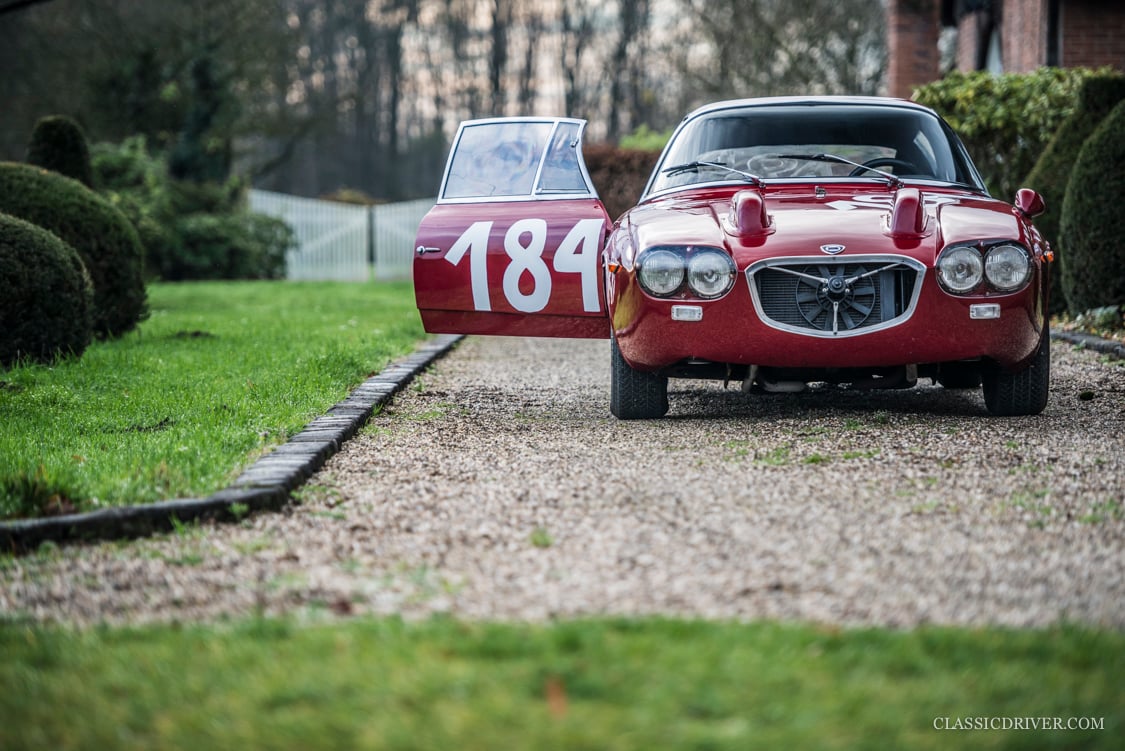
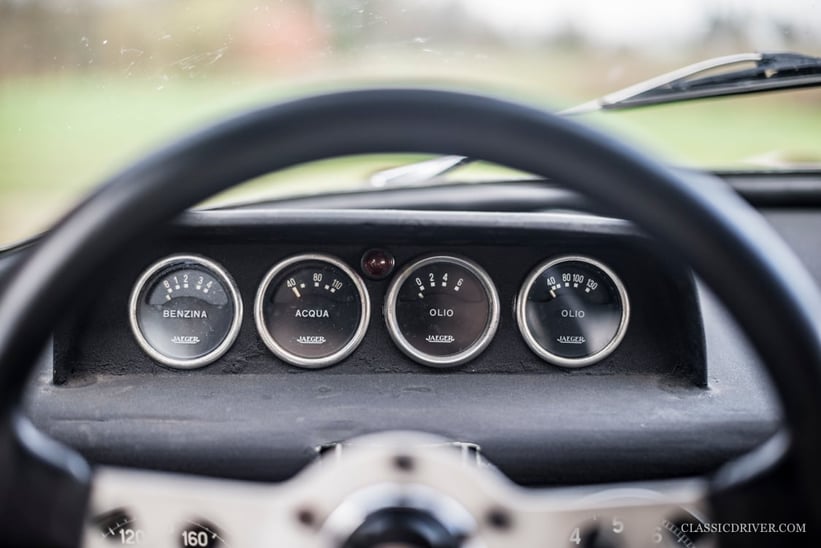
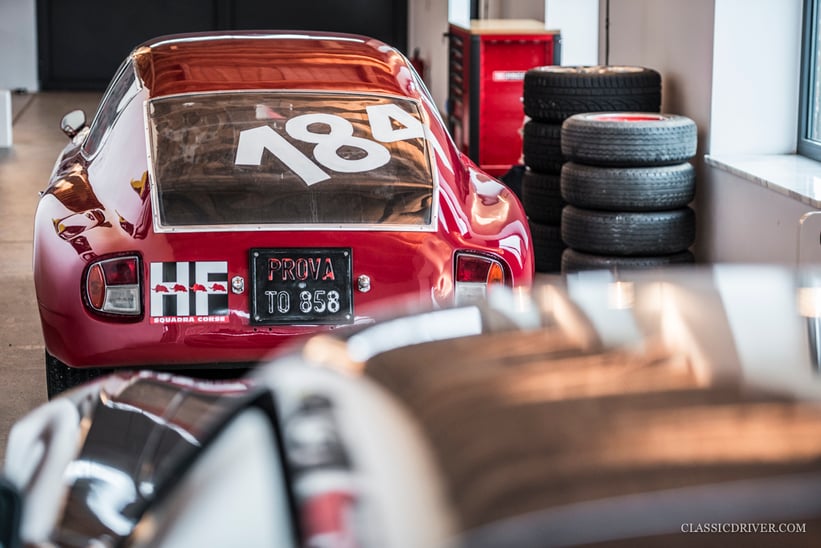
Which events will you be attending this year?
Of the modern events, I’ll be heading to Le Mans and the World Endurance Championship round at the Nürburgring, while the historic meetings on my list include the Goodwood Revival, Le Mans Classic, Pebble Beach, and the Ferrari Mondiali in Daytona in November.
Is there a car that you regret selling?
There were certainly some, and this will definitely be the case when I have to part ways with my Works Porsche GT1 Evo. This car exudes an indescribable fascination from me, and is currently being restored. In 20 years’ time, I’ll probably lament selling the GT2 Ferraris, too, but then I’ll smile because I was lucky enough to once own them.
You deal with some of the most desirable cars in the world, but what is your dream car?
A Ferrari 250 LM, and I won’t give up working until I’ve got one!
Photos: Rémi Dargegen for Classic Driver © 2016
You can find Jan B. Lühn’s current inventory listed for sale in the Classic Driver Market.

Aucun commentaire:
Enregistrer un commentaire